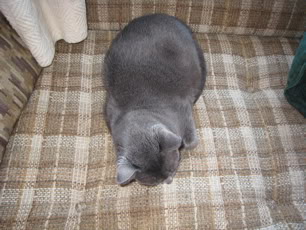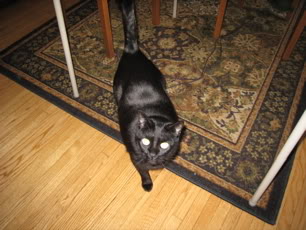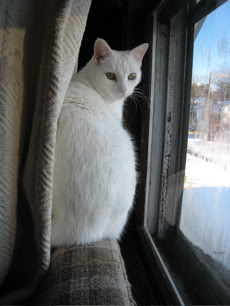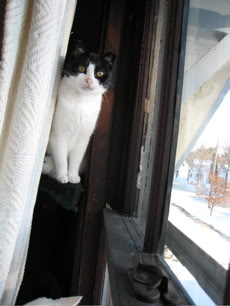Okay so a while back I talked about not getting hung up on the words. Today I was asked a writing question that made me think about how I use words and at what level I do care about specifics. The question came from a fan who is also a writer, and it went roughly like this: You always seem to have the right word, adverb, adjective, to capture the scene. Is that natural? How did you develop it?
Now, I don’t know that I would agree that I always have the right word, and I’m sure the Wyrdsmiths could point to any number of times where I absolutely don’t have it in the drafts that they see. And that’s in part because I really try not to get hung up on things at the sentence level when I’m going through a first draft. If it’s taking much longer than a few seconds to find the perfect word, I’ll just toss an approximation in there knowing that I’ll get closer to what I want on the next pass. That said, I do strive to make my prose smooth, sharp, and appropriate. Here’s my response to the question of how I worked to get my sentence level construction to the place it’s at currently:
It’s actually something that I worked hard to develop. My natural style is both more verbose and more academic. There were four conscious components involved.
The first was writing a bunch of short stories and having them critiqued by a friend who writes really bare bones prose. He made me much more aware of my multi-clausal and 25 cents word tendencies which got me to thinking about my prose on a more spare structural level.
Then I got in the habit of going back through stories after a year or more of ignoring them while I sent them out. By not even glancing at a story for a year I was able to arrive at a place where I was no longer invested in it at the sentence by sentence level. At that point I would set a fairly arbitrary goal of cutting ten percent of each story and trying to do it entirely by editing out redundancies and excess words at the sentence level rather than wholesale scene cuts. Another friend calls work at this level sentence origami because you’re taking sentences apart and refolding them to say the same thing with fewer words.
The third was a years long process of integrating those practices into my first draft process. The four things I really focused on there were teaching myself never to use a 25 cent word where a nickel word would work (less than ten characters wherever possible), trying never to let a sentence go over three manuscript lines (keeping it to two or less if I could), keeping paragraphs to a quarter page or less where possible and trying never to let them go over a third of a page, and eliminating passive voice constructions wherever possible. That last is probably the hardest for me and the one that I most often have to fix in successive drafts. It’s also the one that most forces me to find the right short word to express something.
The fourth is a practice of trying to find subject-appropriate metaphors, similes, and analogies. So, if I’m writing about Greek gods and computers I try to draw my comparatives from the classical myth structures and programming or electronics, whereas if I’m writing a theater book I strive to use theater language, or numismatics language for a coin-magic book. Something might be as black as the waters of the Styx in a WebMage book, or the velvet black of the front curtain in Winter of Discontent (my as yet unpublished Shakespearian magic book) book, or the tarnished black of a long buried silver penny in Numismancer (also unpublished).
(Originally published on the Wyrdsmiths blog March 30 2009, and original comments may be found there. Reposted and reedited as part of the reblogging project)










